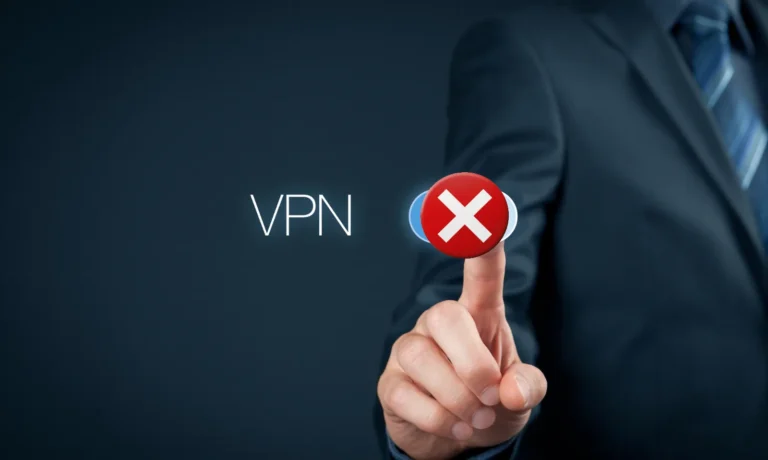LONDON—To close a “loophole” in the Online Safety Act, a United Kingdom government official is calling for age verification requirements on virtual private networks (VPNs).
Dame Rachel de Souza, Children’s Commissioner of England, appeared on BBC’s Newsnight program on Monday, admitting that the age verification components of the sweeping Online Safety Act are pointless, given the widespread availability of VPNs on the market. As AVN and the Financial Times reported, search engine volumes for terms like VPN have spiked in the U.K.
“Of course, we need age verification on VPNs—it’s absolutely a loophole that needs closing, and that’s one of my major recommendations,” de Souza told the BBC during the interview. This is the official position of her office, too. A new report by de Souza recommends that members of the U.K. Parliament require similar age verification for accessing and using VPNs. The report, titled “’Sex is kind of broken now’: children and pornography,” officially recommends new rules regulating VPN access to minors.
“The office is concerned that even with the new rules, users will be able to circumvent restrictions through the use of Virtual Private Networks (VPNs). Within a day of the new rules being in place, VPN use in the U.K. was platformed as an easy workaround,” indicates the de Souza report.
She recommends that members of Parliament should amend the Online Safety Act to include provisions for “robust” age assurance to prevent minors from using VPNs as a child protection measure.
“This report must act as a line in the sand,” de Souza shared in a Monday statement published by her office that announced the report. “The findings set out the extent to which the technology industry will need to change for their platforms to ever keep children safe.”
Criticism of the recommendations to require age verification for VPNs has already been registered by stakeholder organizations, including adult industry trade group the Free Speech Coalition (FSC). Mike Stabile, director of public policy for FSC, told AVN in a reaction statement that he is appalled at the recommendations from de Souza.
“A government requiring users to identify themselves in order to use a VPN renders much of a VPN’s privacy preservation pointless,” Stabile observed. “In both the U.S. and U.K., we’re seeing legislators realize that the age-verification policies are inherently flawed—something we warned them about repeatedly.
“But rather than shift to alternate, more effective, privacy-preserving solutions, they’re doubling down, increasing censorship and surveillance to cover up for bad policy,” he added. “At every step, they’re asking internet users to sacrifice more and more freedom online. Historically, this doesn’t end well.”


